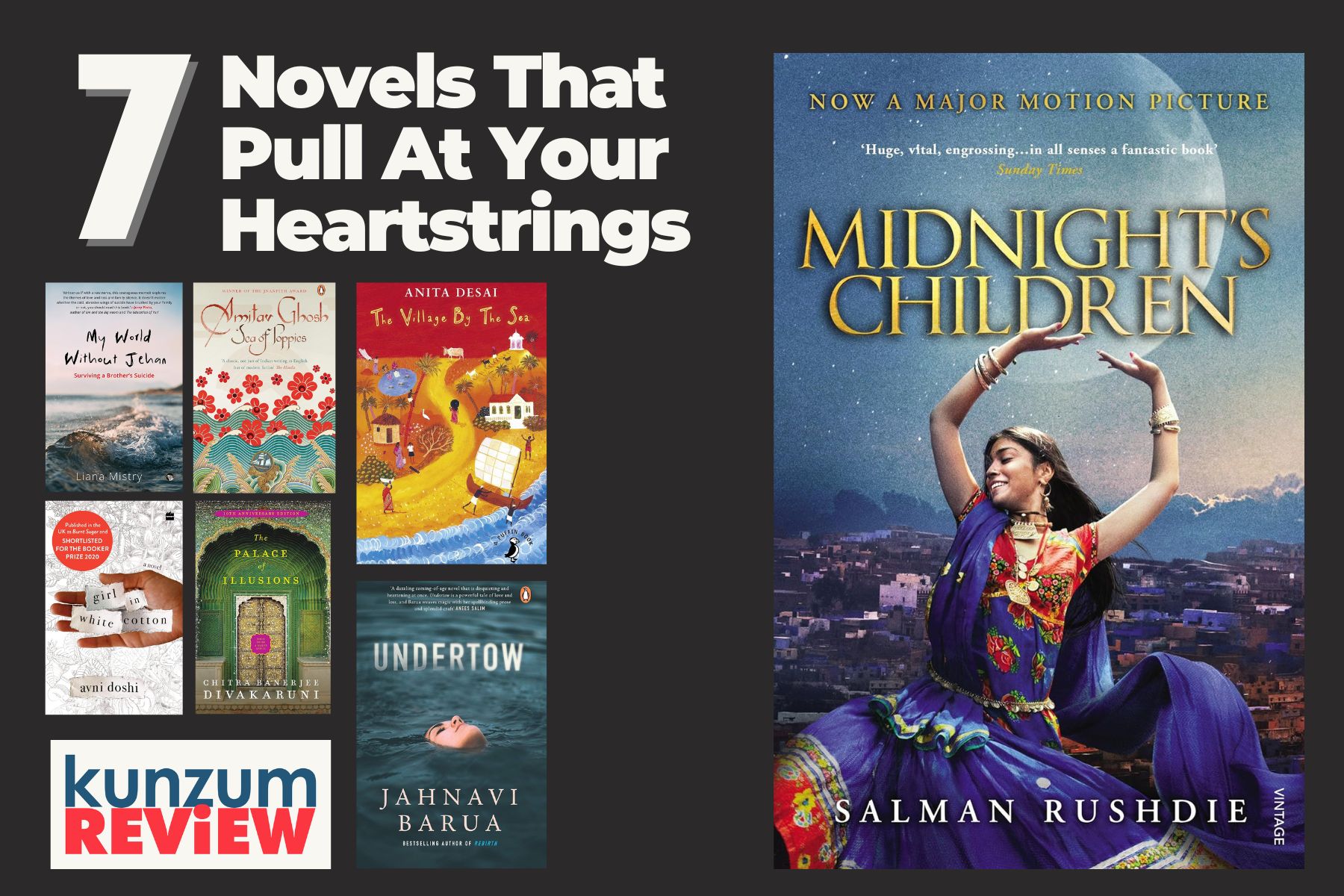
There are stories and then there are stories. Some tell tales of fantastic dystopian or even utopian worlds that fire up our imaginations, and yet there are some that reach deep into the cockles of our hearts and draw at our tenderest heartstrings leaving us with a warm, fuzzy feeling inside. Here are seven such novels that are likely to touch you to the heart:
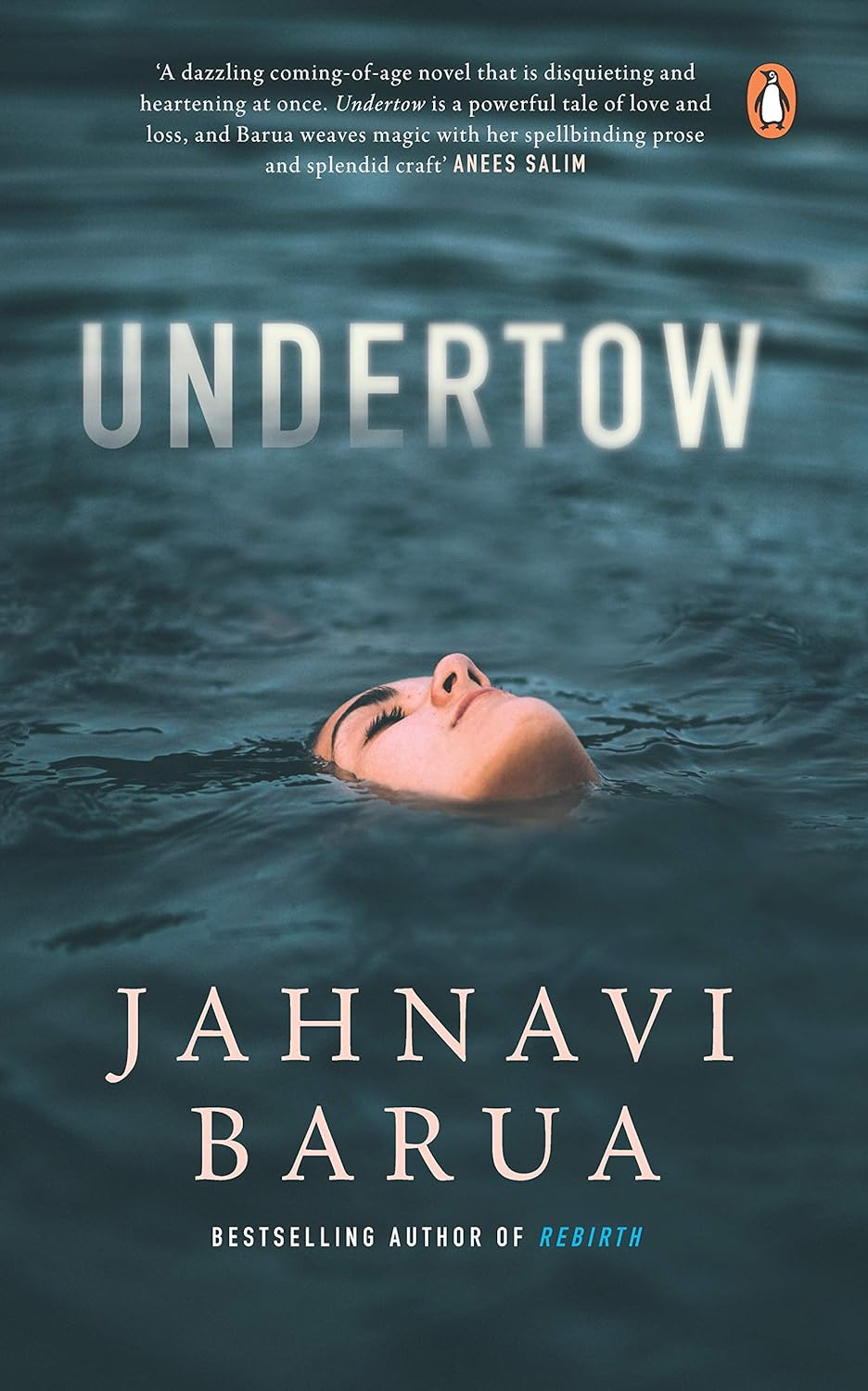
Undertow by Jhanavi Barua
Twenty-five-year-old Loya is on the path to self-discovery. So, while she goes to Assam to research the Asian elephant, Elephus Maximus, she has other motivations too: to uncover her roots and her mother Rukmini’s ugly past with her family, triggered when she decided to marry outside of her religion against her mother’s wishes. However, Torun, Rukmini’s father was never against it, but had cut ties with his daughter to follow his wife’s wishes. When Loya reaches home, she and Torun are distant and polite, but eventually end up having a mild confrontation that at the end results in healing. Circumstances also make Rukmini return home after years of separation, and though there is much pain in this novel, there is also the undying hope of reconciliation.
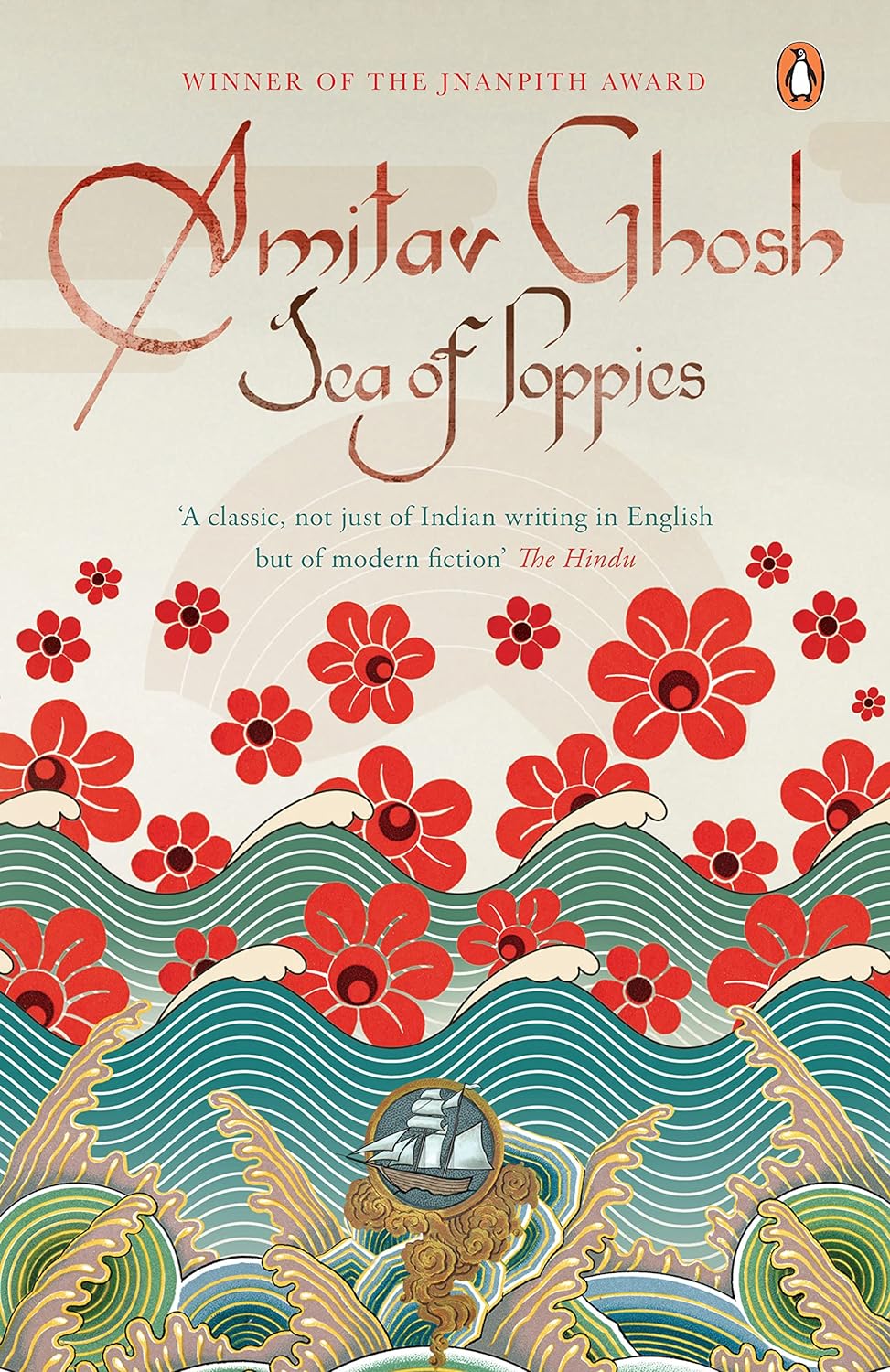
Sea of Poppies by Amitav Ghosh
Set in Kolkata, on the banks of the Ganges, The Sea of Poppies takes place before the First Opium War. Though enriched with many characters, the story primarily follows Deeti, a young and traditional woman married to a cripple, and whose mother-in-law not only hates her, but also drugs her with opium on the night of her marriage so she can bear the child of her husband’s brother. When her husband dies, however, she is forced to commit sati but is rescued by Kalua, an ‘untouchable’. To escape, Deeti and Kalua finally board the ship, The Ibis, as it sets out its voyage across the Indian Ocean. Here, their lives get intertwined with those like themselves and others such as the American, Zachery Reid and a Raja gone bankrupt. Life on the sea changes things for everyone and they come to rediscover themselves and each other.
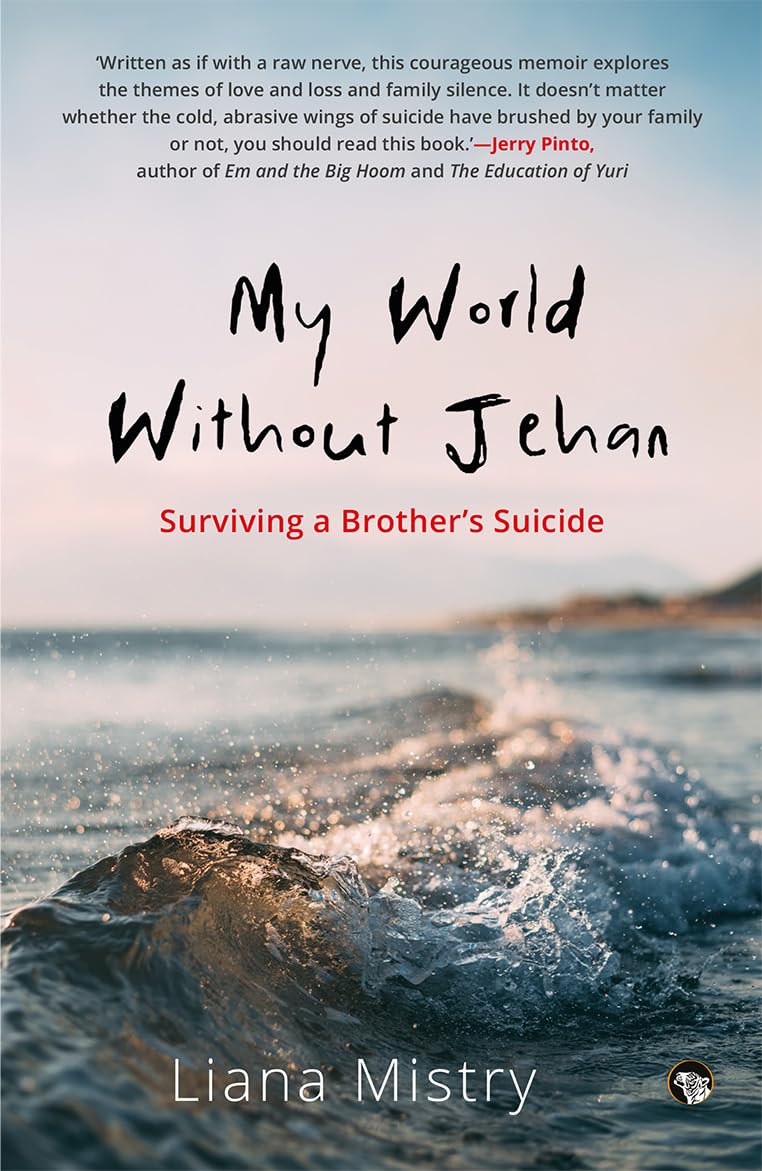
My World without Jehan by Liana Mistry
In this memoir, Liana Mistry recounts her own life, and the life of her family, against the background of her older brother, Jehan’s suicide, as she tries to come to terms with the grief that has dominated her entire life since girlhood to now, when she herself is a mother. The night of her first turtle-walk is also the night of Jehan’s first suicide attempt. In My World without Jehan, Liana attempts to uncover what went on in the mind of her brother Jehan, who was the most loved and most popular among teachers and friends, that forced him to attempt to take his own life repeatedly, until he succeeded. What demons did Jehan have to fight day and night that the family couldn’t comprehend? And now, after Jehan’s passing, why does the family never talk about him or discuss their grief? My World without Jehan is a tale of loss, love, mental illness, grief and healing.
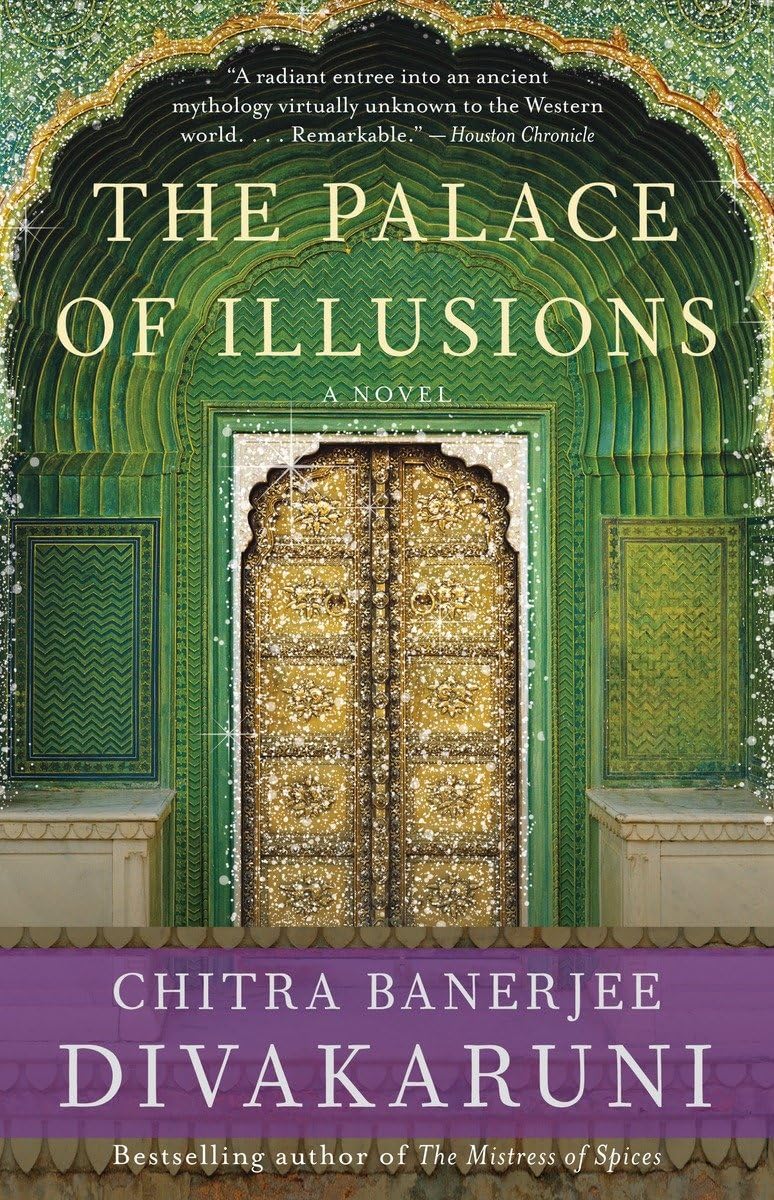
The Palace of Illusions by Chitra Banarjee Devakaruni
The tale of the fiery character from Mahabharata, Panchali or better known as Draupadi, The Palace of Illusions is a rendition of the epic, Mahabharata, which brings the female perspective to the fore, thus creating a new interpretation of the epic. Courageous and resilient Panchali is driven to reclaim the kingdom of her five husbands, the Pandavas, who have been cheated out of their father’s kingdom. Meanwhile she engages in swift dialogue with Krishna, and tries to evade the verbal darts of her mother-in-law. Panchali lives a full and glorious life that redefines her place and the place of other women in the world of Mahabharata.
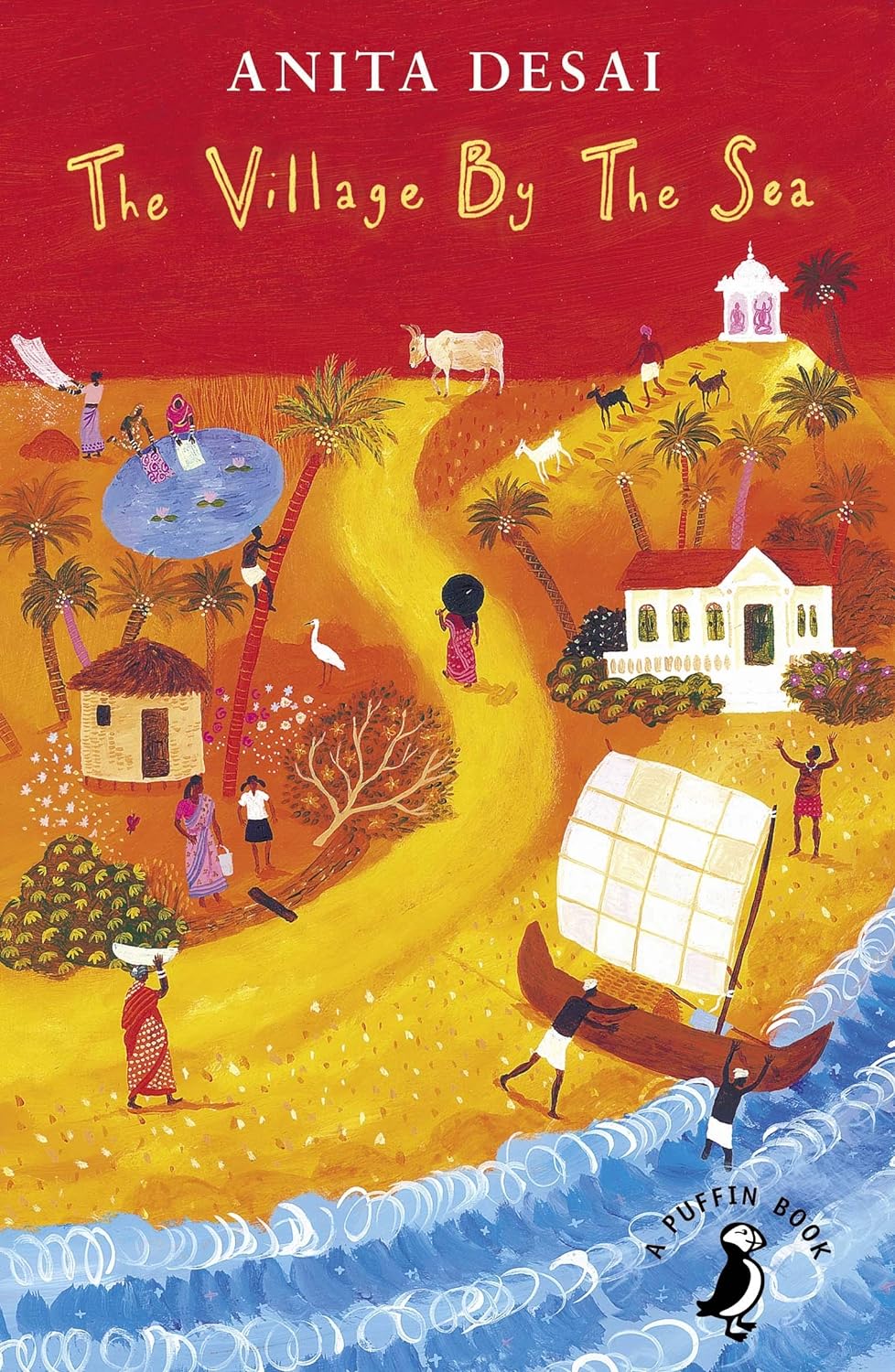
The Village by the Sea by Anita Desai
The story is set in the small village of Thul and follows the life of a family that is struggling to make ends meet. The children, Lila, Hari, Bela, and Kamal live with their mother who is chronically ill and bed-ridden. Their father, being an alcoholic, does not contribute much to the wellbeing of the family either. Ultimately, Lila and Hari take it upon themselves to keep the family running, since they’re the eldest siblings. While Lila works at home and also receives help from the rich De Silvas, Hari decides to go to Bombay to make a living. First, he works at a restaurant, but later dreams of becoming a watch-maker. When Hari returns home, he finds that life has taken a pleasant turn: his mother has been admitted to the hospital and his father has been with her every step along the way. The children decide to establish a small chicken farm with Hari’s savings as they resolve to happily create a place for themselves in the changing world.
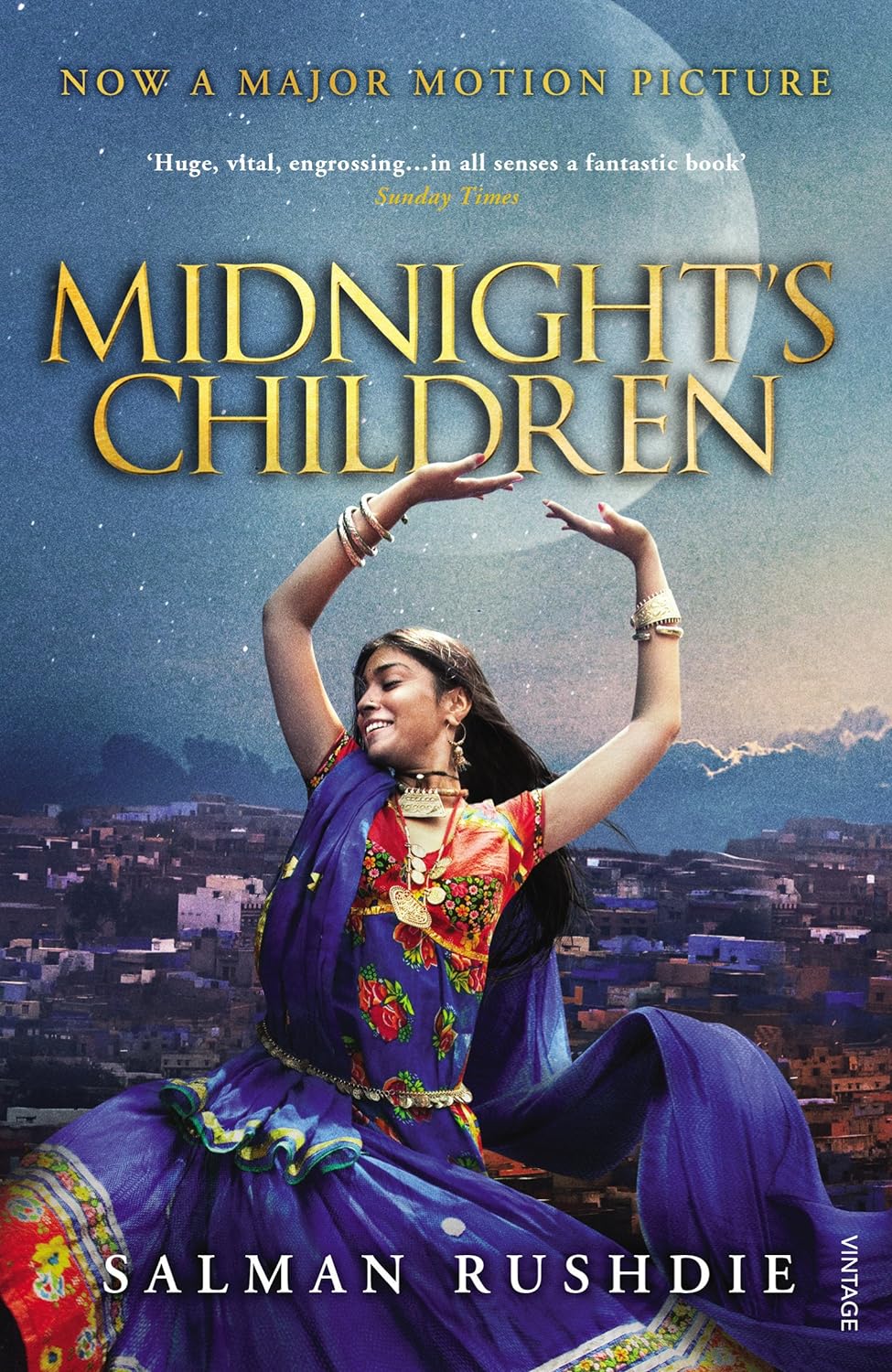
Midnight’s Children by Salman Rushdie
The story is told by Saleem Sinai, a child who was born exactly at the stroke of midnight on the night of India’s Independence on 15 August, 1947. Like other children born between 12 midnight and 1 am on that day, Saleem too has been endowed with special powers. By those powers, he assembles the Midnight’s Children’s Conference as they attempt to resolve various cultural, linguistic and political differences faced by early independent India. The novel is an allegory for the events after India gained independence and allegorically touches on major events, including Indira Gandhi-proclaimed Emergency, which is treated with stark satire.
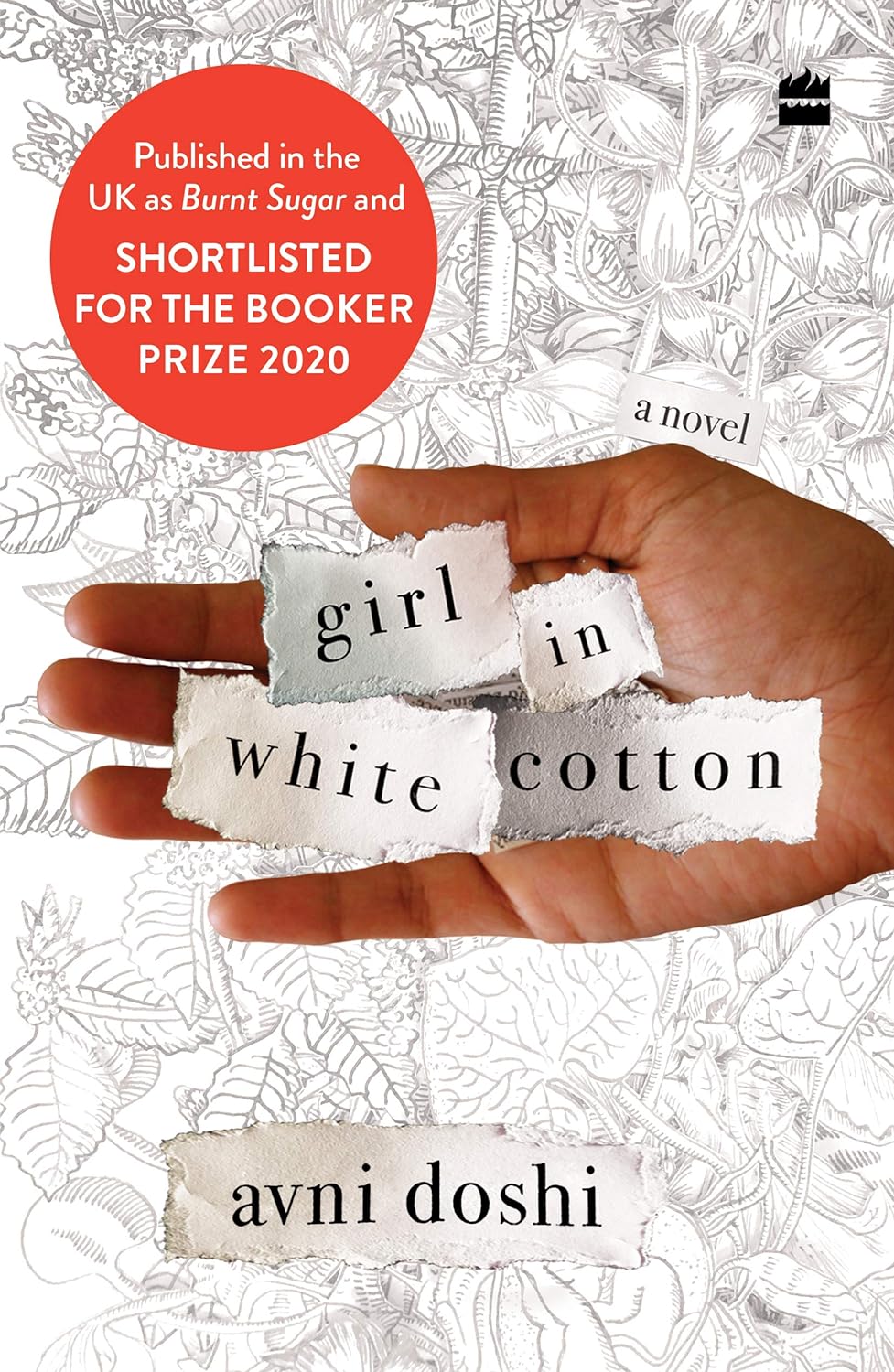
Girl in White Cotton by Avni Doshi
Set in Pune, India, The Girl in White Cotton tells the story of a strained mother-daughter relationship. An ageing Tara is quickly developing Alzheimer’s disease and becoming more and more incapable of taking care of herself. Ultimately, Antara, her daughter, brings her to her home where she lives with her husband, and tries her best to care for her. Yet she cannot forget the fact that growing up, her mother did not really care for her because of which Antara had to, even at times, live on the streets. She cannot forget her mother’s romance with a guru at the ashram, which often left her abandoned and neglected. In her middle-age though, Antara has to come to terms with the present circumstances, and re-navigates the past from the present and vice versa. However, in the end, things reveal themself to be much more than is visible to the eye, and the reader finds out that Tara and Antara might not be as different as they thought.
Pick up a book that will draw at your heartstrings from any Kunzum store or WhatsApp +91.8800200280 to order. Buy the book(s) and the coffee’s on us.
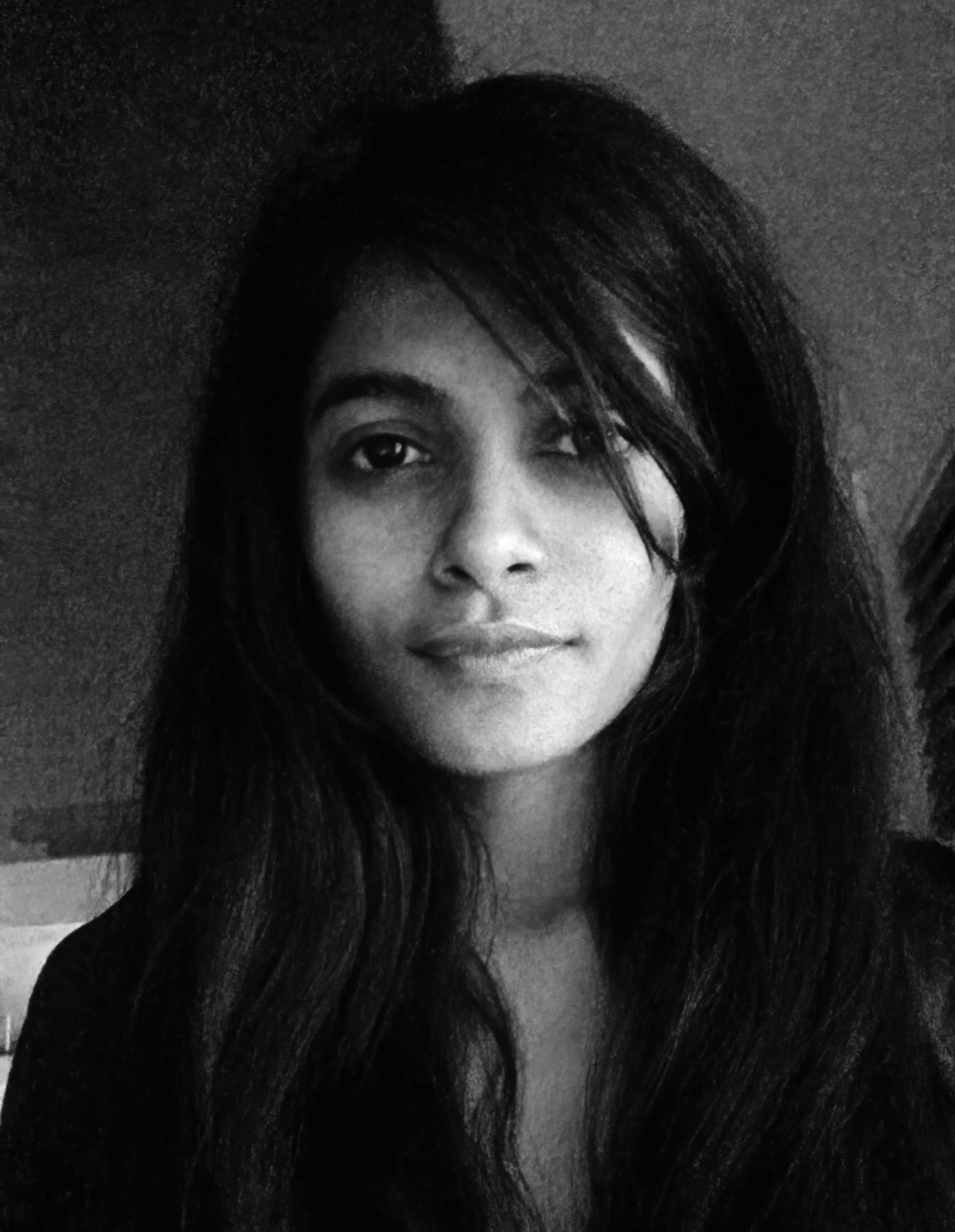
About the Author:
Samiksha Ransom is a writer and editor. Her work has appeared in Tint Journal, EKL Review, The Chakkar, JAKE, The Lake, Live Wire (by The Wire), The Friday Poem and more. Her work was longlisted for the Poet’s in Vogue Challenge by the Young Poet’s Network, UK in 2023. Currently, Samiksha also edits for The Selkie Publications CIC and The Dawn Review. In the past, she has edited for the borderline and The Terrarium (Hellebore Press) literary magazines. In her newsletter, ‘Letters from Sam – Conversations, Maybe’ on Substack, she shares writing and publishing tips. She also teaches creative writing workshops occasionally. You can reach out to her on Instagram and Linktree.
